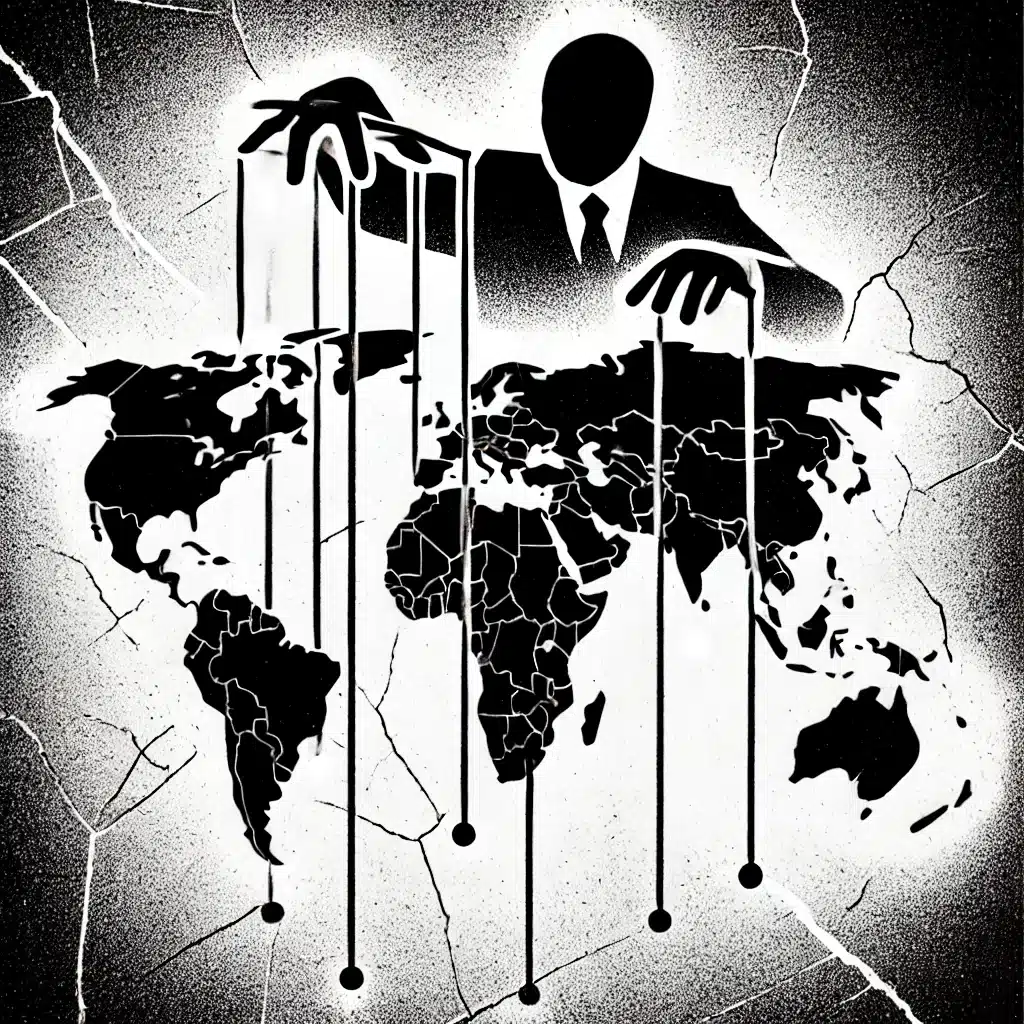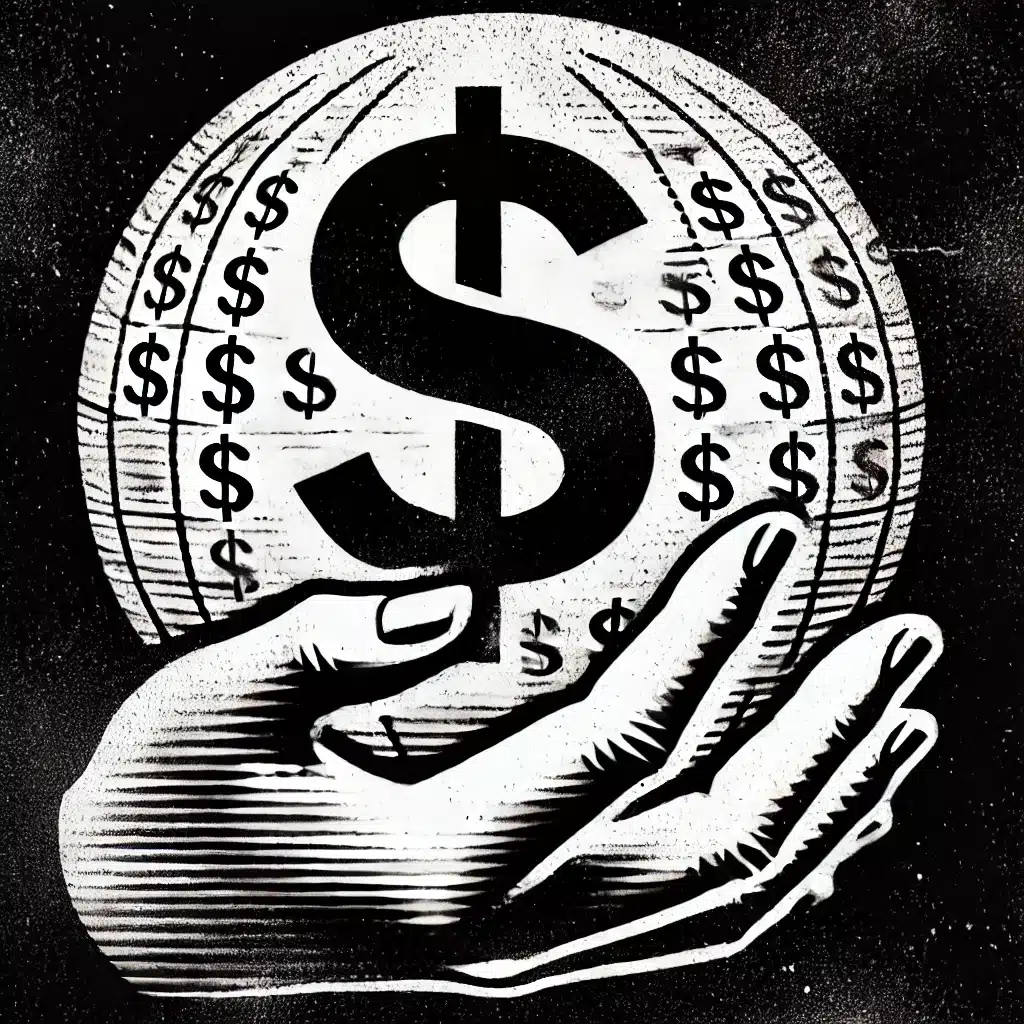Public health should be a collective priority. However, the growing influence of billionaires and their foundations in decision-making is raising significant concerns. What initially appears to be an act of generosity and altruism often becomes a power strategy that challenges democratic structures and redefines global health priorities.
This contemporary phenomenon raises essential questions about the balance of power, democratic responsibility, and the true purpose of philanthropy in a context where the well-being of communities, especially the most vulnerable, should take precedence over individual interests.
An intriguing and unsettling phenomenon has emerged in the global public health debate for several years: the growing influence of NGOs funded by billionaires, which often wield more power than traditional and transnational institutions like the World Health Organization (WHO).
This scenario raises, at the very least, fundamental questions about democracy, power, and the true motivation behind philanthropy.
The common perception is that philanthropy has a permanent hidden side, generally focused on conflicts of interest due to its investments in financial, pharmaceutical, and technological companies.
Billionaires’ entry into the realm of public health is not merely an act of altruism. Behind each generous donation often lies a strategic and profitable calculation.
A notable example is the Bill and Melinda Gates Foundation, whose involvement in infectious disease research has set new priorities in global health and redefined the standards for developing treatments and vaccines. But at what cost?
NGOs backed by the wealth of these magnates have the capacity to rival nation-states in terms of financial resources, exerting disproportionate influence in the formulation of public policies.
Their access to additional public funds and participation in public-private partnerships designed to address complex health challenges and advance specific agendas further amplify this influence.

Influence, Lobbying, and Disproportionate Power in Politics
The influence of these actors in health policy extends beyond financing and strategic partnerships; it also encompasses professional activism and lobbying.
In addition to Bill and Melinda Gates, organizations such as the Rockefeller Foundation, the Robert Wood Johnson Foundation, Bloomberg Philanthropies, Wellcome Trust, Open Society Foundations, Patient Philanthropy Fund, and SENS Research Foundation, among others, use their influence to promote specific policies and regulatory changes in the public health sphere.
This power raises significant questions about equity and democracy in decision-making processes related to collective health.
In this context, billionaire philanthropy transcends simple charity and becomes a form of political and economic power.
The concentration of power in the hands of a few undermines democratic processes, disregards collective interests, and challenges the notion of community-based philanthropy grounded in solidarity.
Billionaires have influenced key areas such as setting health priorities, funding research, and determining the development (or lack thereof) of new drugs and treatments. A significant example is their opposition to the proposal of taxing billionaire profits to fund universal healthcare.
Researcher Megan Tompkins-Stange, author of the book Policy Patrons: Philanthropy, Education Reform, and the Politics of Influence, suggests that “private philanthropic agendas often overlook the true needs of communities, focusing on projects that align with their own personal or reputational interests.”
The influence of billionaires also extends to global health governance. Magnates and their transnational foundations and local networks have played a significant role in national and global decision-making.
Their participation in the World Health Assembly and substantial contributions to the WHO’s general fund influence the direction of member countries, particularly those with low and middle incomes.
A report by the Global Policy Forum highlights how these influences can shift the focus away from the most urgent health needs, prioritizing donors’ preferences instead.
In this context, critical concerns arise about the lack of democratic accountability and issues related to inequality and justice. Billionaire philanthropy has been criticized for lacking democratic accountability and for making decisions without consulting affected communities or local governments.
The ability of billionaires to direct large sums of money toward specific health projects without public oversight raises concerns about the lack of transparency and the erosion of democratic governance in health decision-making.

The Double-Edged Sword of Philanthropy: Inequality and Injustice
Billionaire philanthropy in public health is often undemocratic, raising the issue that these non-governmental entities may undermine governments’ vital role in managing public health affairs.
Decisions on health matters should be made by democratically elected institutions under social control, not by philanthropic organizations contributing private resources. In such cases, there is a clear lack of democratic accountability, transparency, and state oversight.
Billionaires’ funding priorities are often driven by personal interests or perceptions of impact rather than the actual needs of local communities or developing countries.
Their philanthropic initiatives tend to focus on short-term or technological solutions instead of addressing structural problems that require sustainable, community-based approaches.
Moreover, billionaire philanthropy can perpetuate inequality and lead to unjust outcomes. The premise is that key public services, including health, should be funded through taxes and not rely on the benevolence of billionaires.
Journalist and former New York Times columnist Anand Giridharadas, author of Winners Take All: The Elite Charade of Changing the World, argues that “charity often acts as a means to perpetuate the very power structures that create inequality in the first place.”

Rethinking the Relationship Between Wealth and the Common Good
The growing influence of billionaires in public health policy raises profound questions about the balance of power and the autonomy of health decisions on a global scale.
As wealthy individuals and their foundations invest heavily in public health initiatives, they often gain substantial control over which health issues are prioritized and how they are addressed, potentially overshadowing the role of governments, social organizations, and international bodies.
While investment in this field is crucial, it should not compromise the sovereignty of democratic decisions or the ability of communities to determine their own health needs.
Careful scrutiny and balanced regulation are increasingly urgent to ensure that billionaire philanthropy contributes to global well-being without setting agendas or influencing policies in ways that undermine democratic principles, the needs or preferences of the general population, and health equity.
This phenomenon underscores the need to rethink the relationship between private wealth and the public good, reminding us that true philanthropy should serve humanity, not power.
In a historical period where immense wealth can influence not only markets but also moral and ethical standards, it is imperative to remember that health is a fundamental human right, not a privilege subject to the influence of a few.
The fight for equitable and democratic public health is ultimately a fight for our society’s soul.
Conflicts of interest, lack of transparency, disproportionate and targeted approaches, diversion of attention, influence over scientific research, allocation of resources to priorities that favor their own agendas, aggressive tactics—billionaire influence in global public health presents a complex challenge that touches on issues such as effectiveness, equity, and democratic accountability.
While their contributions can be valuable, addressing the implications of their influence is crucial to ensure that global public health is governed by principles of democracy and social justice, not by investments aimed at gaining economic, political, and cultural power.
The challenge is significant, but the well-being of future generations depends on our current ability to confront and resolve these issues with integrity and courage.

